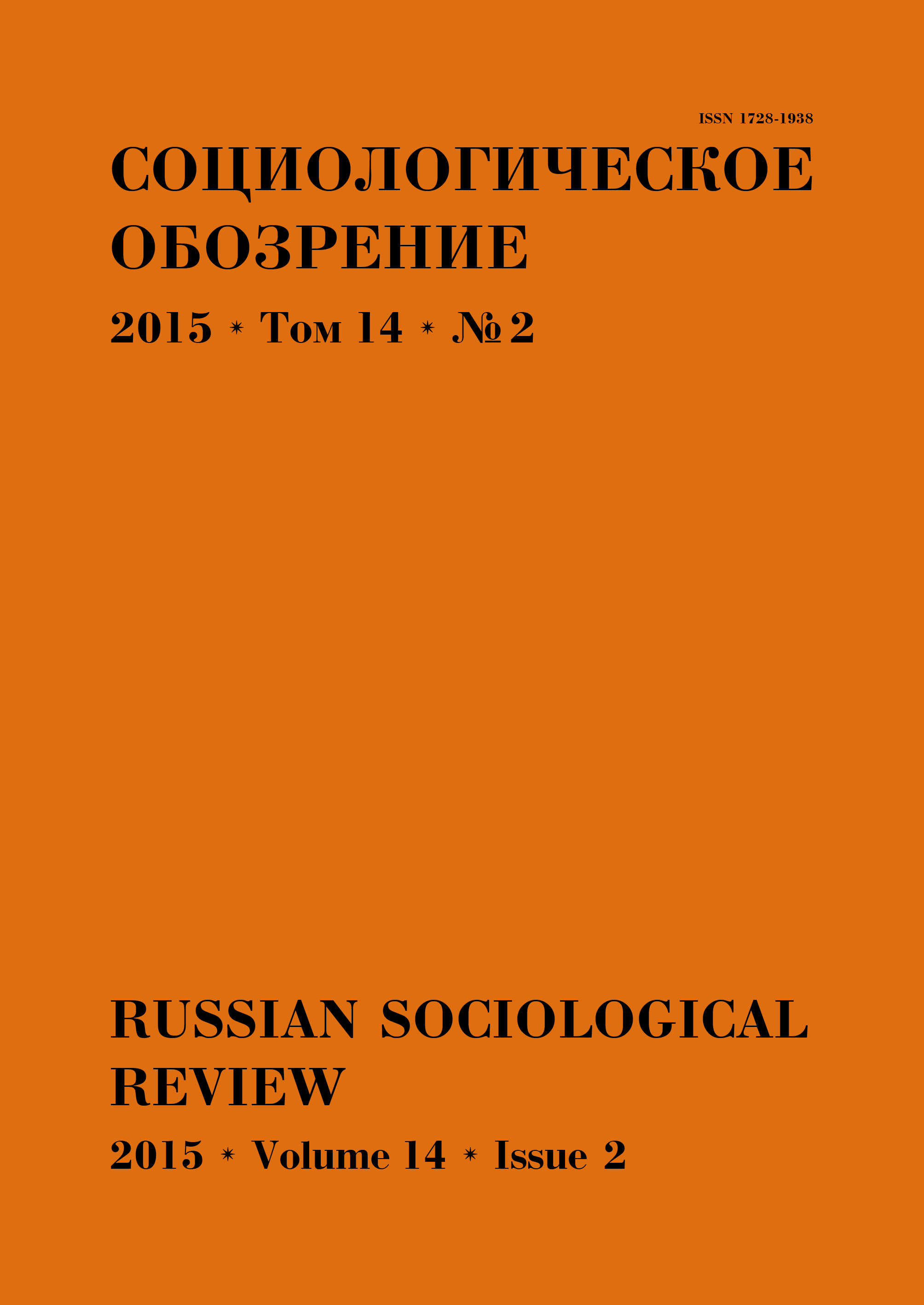Arendt on Positive Freedom
Ключевые слова:
Hannah Arendt, freedom, liberty, justice, virtue, excellence, elite
Аннотация
Hannah Arendt’s concept of freedom is exceptional in contemporary political theory. First, it is positive, which puts it into opposition to the both current versions of its negative counterpart, the liberal (Isaiah Berlin), and the republican (Quentin Skinner, Philip Pettit) concepts of freedom. In particular, a comparison between Arendt’s and Pettit’s approaches allows establishing some striking points of antagonistic logical mirroring. Based on this, the notion of “schools of thought” is introduced, which plays an essential role in the subsequent discussion of Arendtian realism. Second, although Arendt’s theory of freedom shares features that are common to the major continental thinkers, like Martin Heidegger, Gilles Deleuze, or Alain Badiou, her solution to the problem of freedom aligns her closer to the liberals. Third, I argue that one should consider this logical irregularity as evidence in favor of her political realism, rather than a trivial inconsistency. This realism is the genuinely exceptional part of her legacy, which may guide us eventually, with modifications applied, to a paradigm shift in the current political philosophy. Finally, I present an evaluation of her solution to the problem of freedom, and a brief follow-up to some seemingly-out-of-place Arendtian notions, such as “excellence” and “elite.” Although in the final analysis, her solution seems to be artificial, it opens up a new promising area of research related to the notion of “benevolent excellence.”Скачивания
Опубликован
2015-06-30
Как цитировать
ГлуховА. (2015). Arendt on Positive Freedom. Социологическое обозрение, 14(2), 9-22. извлечено от https://cfjournal.hse.ru/index.php/sociologica/article/view/72
Выпуск
Раздел
Политическая философия




